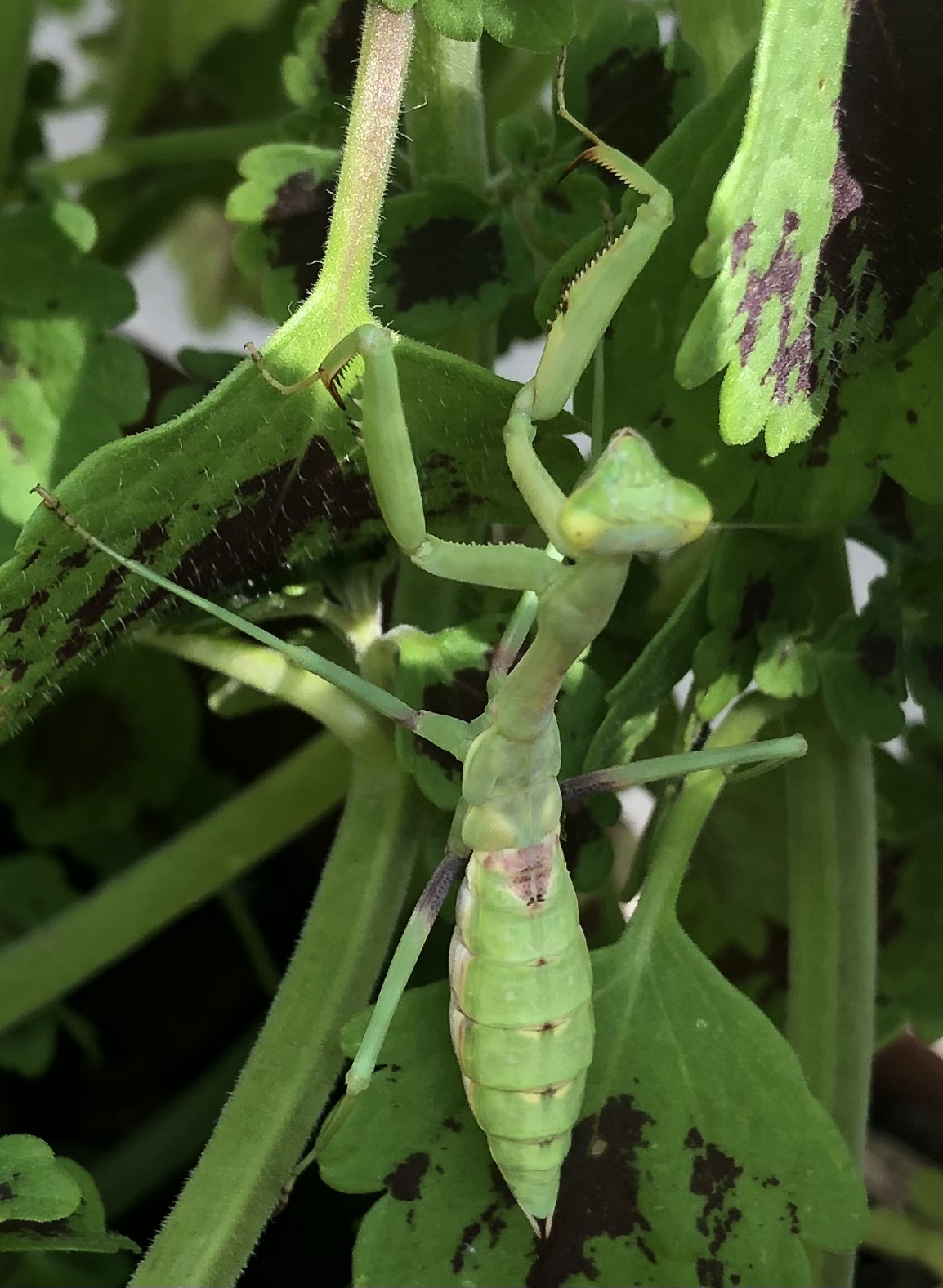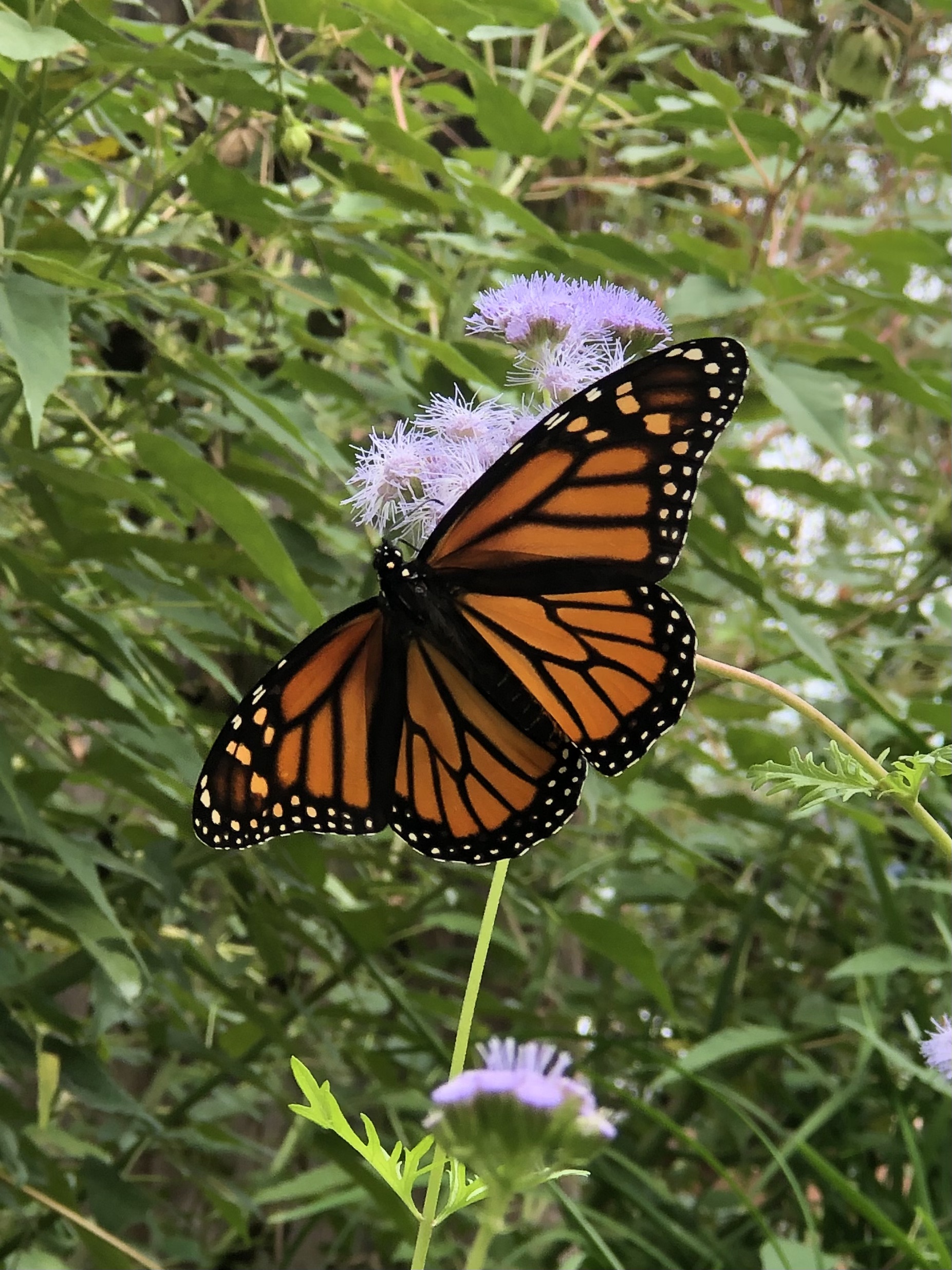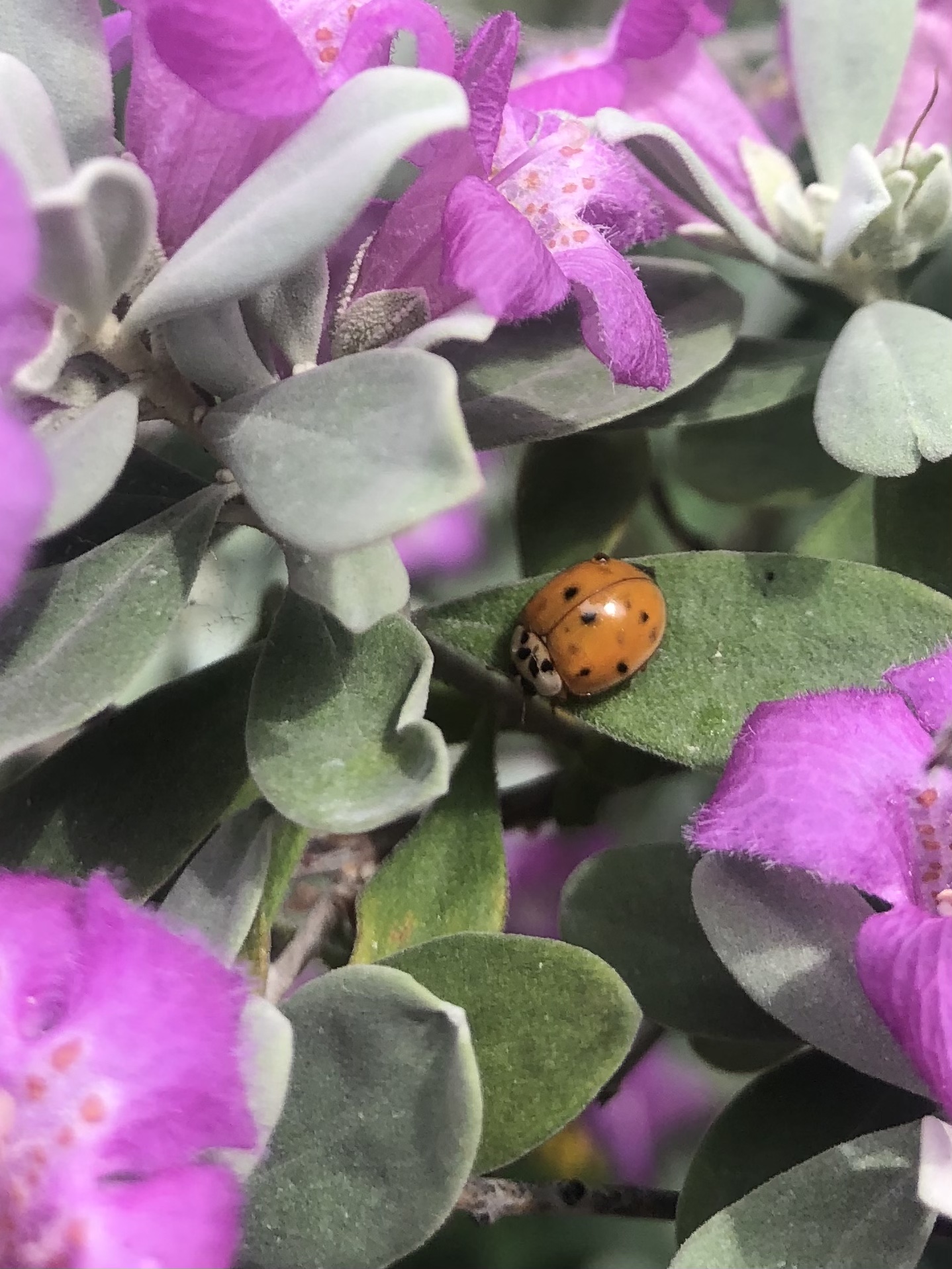
One of the more frustrating things for any gardener is when they venture outside to the garden only to find voracious insects devouring the product of their hard work! What can you do about these tiny critters without resorting to poisons or insecticides and other harmful chemicals?
First, identify whether the insects are truly harmful or not. Some caterpillars for example will strip a fennel or passion vine bare within just a few days. Most of these caterpillars have very specific tastes however and will soon transform into beautiful butterflies. Pollinators like butterflies are critical to the success of any garden. Sometimes it’s better to take a little hit and have fennel, or passion vine that looks denuded for a bit just to gain the benefits that these beautiful winged creatures provide. Another alternative is to plant, or allow to grow, other plants like milkweed. In a natural meadow-like lawn, “weeds” like milkweed provide a tastier source of nutrition to many caterpillars.
The praying mantis is another beneficial insect, which preys upon many common pests. Finding one is a boon! If your garden seems overrun with harmful insects, you can purchase more praying mantis from your local plant nursery. These insects, along with other beneficial critters like spiders, tarantulas, and tiny garden snakes, all help wage war on your behalf against the tiny pests that might otherwise plague your garden.
Some pests like hornworms, which love tomatoes, are more difficult to remove. These you might need to pluck off one by one. An alternative is a dilute solution of gentle dish soap and water sprayed onto the plant, including the underside of the leaves.
 If you have fowl such as chickens or ducks, allow them to roam the garden from time to time. Both chickens and ducks have quite the appetite and love dining on all manner of pests, including slugs and snails. Of course, slug and snail traps such as a saucer full of beer also work well for these molluscs.
If you have fowl such as chickens or ducks, allow them to roam the garden from time to time. Both chickens and ducks have quite the appetite and love dining on all manner of pests, including slugs and snails. Of course, slug and snail traps such as a saucer full of beer also work well for these molluscs. Whatever plagues your garden, always search for the natural solution before resorting to pesticides. Many of these chemicals and compounds are indiscriminate and will harm beneficial insects along with the pests. What’s more, they can cause irreparable harm to pollinators such as bees and butterflies.





